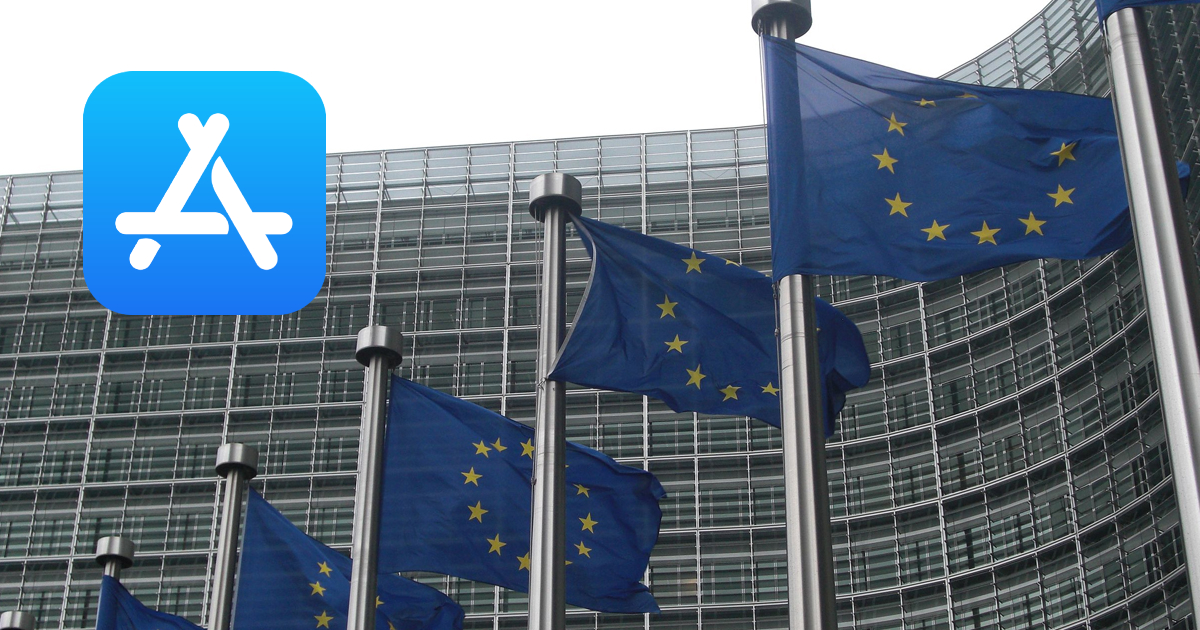Digital Markets Act explained: Apple to allow third-party app stores on iOS in EU ahead of new laws
Apple’s ecosystem may soon become more open and transparent. The company is now considering, among other changes, allowing third-party app stores on iOS in order to comply with upcoming EU laws.

What happened?
As reported by Bloomberg, Apple is now ready to comply with the Digital Markets Act (DMA) that should take effect in the coming months. However, the company has until 2024 to make changes to its ecosystem.
This should allow users to install third-party apps on their iOS devices without using the App Store. In this case, Apple won’t be able to charge its up-to-30% commission on all payments.
The DMA will be valid only in Europe, but if more countries pass similar laws, the Cupertino-based company will have to make changes in other regions as well.
What is known about the Digital Markets Act?
- The European Commission proposed the Digital Markets Act in 2020. The initial goal was to prevent big platform holders, or the so-called gatekeepers, like Apple, Google, and Meta from abusing their dominant position in the market.
- According to the Commission, the DMA should provide smartphone users with more freedom to use their devices and allow them to more easily change default settings.
- “With the DMA, a smartphone owner would still be able to enjoy safe and secure services of the default app store on their smartphones,” the European Commission’s spokesperson Johannes Bahrke said in a statement in March. “On top of that, if a user so chooses, the DMA would allow a smartphone owner to also opt for other safe app stores.”
- The laws apply to tech companies with market valuations of at least €75 billion and a minimum of 45 million MAU within the EU, Bloomberg reported.
- If companies repeatedly violate the DMA, they can be fined 20% of their annual global revenue. For example, Apple made nearly $400 million in fiscal 2022, so the potential fine could be around $80 billion.
What does Apple say?
The company’s spokesperson declined to comment on the upcoming changes to Bloomberg.
Earlier this year, Apple noted that the DMA could lead to new security breaches and create privacy risks for iOS users. It also thinks that the laws will “prohibit us from charging for intellectual property in which we invest a great deal.”
According to the latest report, Apple plans to implement the main changes in iOS 17 that will be released in 2023.
However, the company has yet to decide whether to allow developers to use third-party payment systems within their apps. It also doesn’t want to lose all control of its ecosystem, discussing the idea of reviewing apps even if they are distributed outside the App Store.